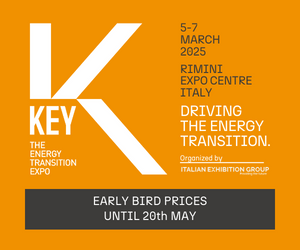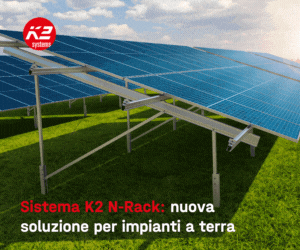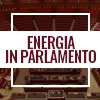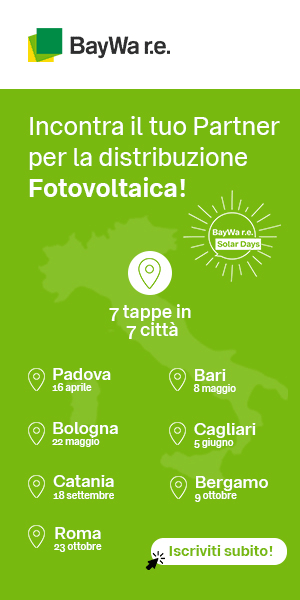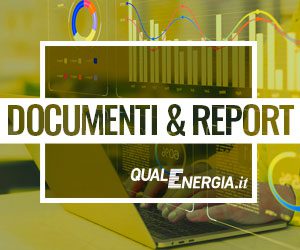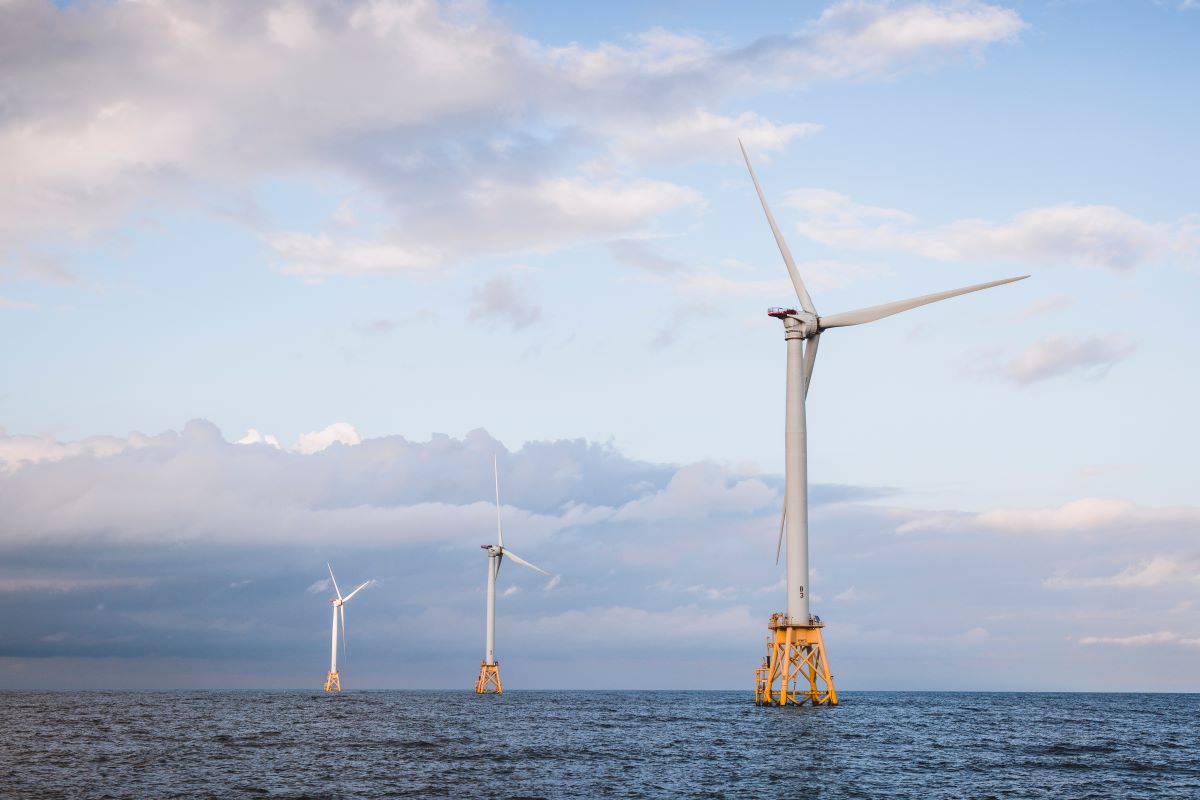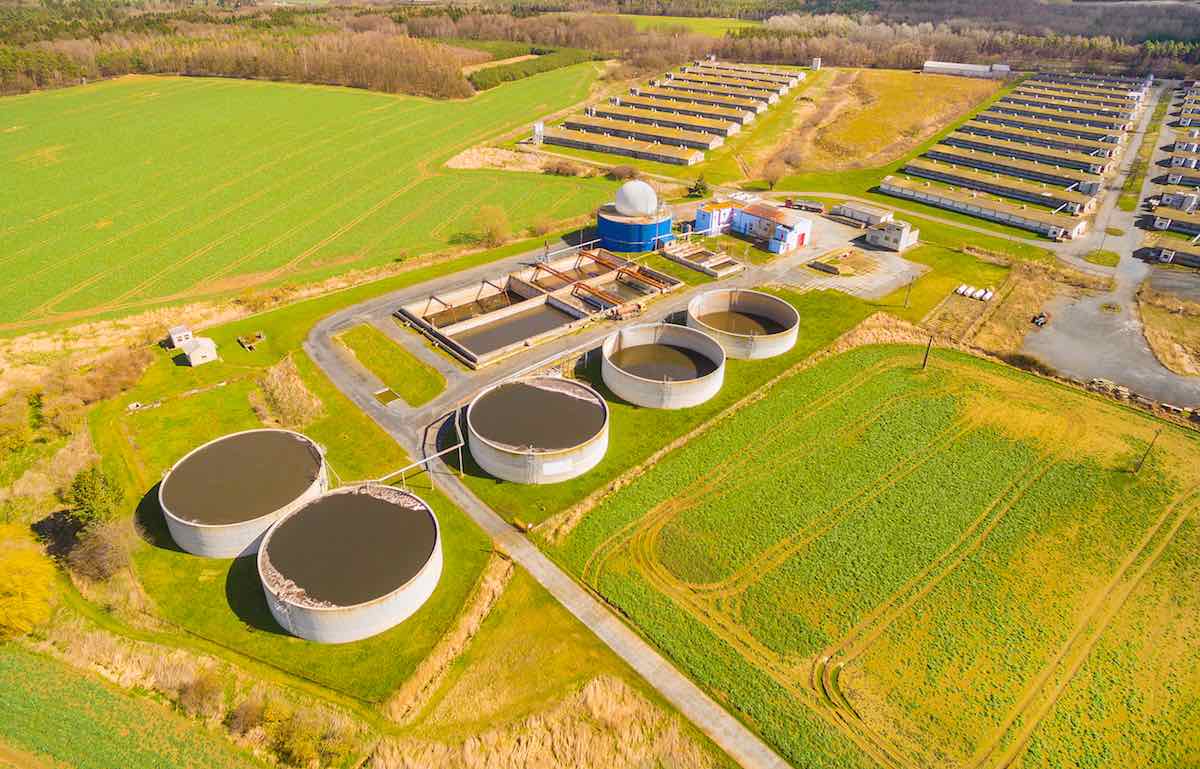The future of Europe seems to be hanging between the economic and the environmental crisis. Individual actions and public policies can bring us towards a more sustainable society. That’s the Worldwatch Institute vision in the words of Izaak Van Melle, former president of the Institute and today active in the European section
Recently the Worldwatch Institute released a 12 steps strategy to go green in 2012. All those steps concern choices that people can make in their everyday life. How important do you think are the individual actions?
In my experience there is still a tremendous lack of urgency both on the individual side and on the government side. To really change habits and to efficiently use resources and energy, it is important that both individuals and governments act. Though in many cases governments are not acting enough, like, for example, the US for example. But a sort of good news in between is that sometimes local governments, towns, and private companies are taking the kind of initiatives that you would expect from national governments and are going in the direction of sustainability. In the US, for instance, while the federal government is fairly paralyzed because of the opposition in congress, at a local level things are starting to change.
What do you think are the key elements for the decarbonization of Europe? Do we need a common policy?
It’s important that we have an international agreement. Europe is not doing very poorly compared to the rest of the world. For example, charging the airlines for CO2 emissions is a good measure to start with, though still too soft. Also, an international electrical grid that is going to be laid all over Europe. That makes much more feasible for renewable energy to be used and transported in different places. The problem is that Europe is a federation of states and the power is limited.
Is the 20-20-20 the kind of policy we need?
That is a good policy because it speaks to the imagination of many people. Also governments that are far from sustainability feel that they still have to do something because otherwise they’ll get problems in Brussels. So there is definitely a pressure going out from European initiatives in the direction of sustainability.
But what if Europe manages to decrease its green house gas emissions only because we are relocating our factories in the developing countries?
To relocate is, of course, not a solution because we would also relocate the pollution. What could be much improved is to have a look at the import of goods that are not sustainable or are made in a non sustainable way. I am thinking of woods or fish, for instance. A lot can be improved to have an outlook of the imports from countries where the laws are not very environmental friendly. They are already doing that, but they have quite an opposition from the World Trade Organization. The Wto wants free trade and it will not accept limitations just because of sustainability targets.
Europeis now facing a very bad economic crisis. Do you think that sustainability targets can contribute to the solution of the crisis?
Yes. I read recently an article saying that Obama should be able to sell better the green jobs to the public instead of building, for instance, that controversial pipeline from Canada to the United States. That pipeline delivers a few thousands jobs but he could make people understand that if renewables really go large scale then they could deliver many more jobs than that. There is a strong connection between the economic and the environmental crisis. For instance we import oil, but if we replace the import with producing our own energy with renewables, that creates employment. In some European countries it’s already happening: UK and Germany now use shipyards not to build ships anymore but to build offshore wind turbines. A lot of technicians are needed and now there are not enough.
Should we consider to change the criterion we use to evaluate the wealth of our societies?
The Gdp is not enough anymore. It’s not right to divide the total output of countries for the number of people. It’s much more important to look at how the revenues of the countries are divided among people. The difference between rich and poor in the States has increased too much in the past few decades. The number of poor people that live behind the poverty level has increased dramatically. In such a rich country, this is a drama and a shame. I would be very much in favor of changing towards something that incorporates how well the wealth of the country is being divided, how well medical care is distributed, if education is available to everybody or not.
Do you see a more unequal society in the future of Europe?
We are starting to see some hardening of attitudes. For instance it’s becoming more easy to dismiss people. Which to a certain degree was right because we were at a point where it was virtually impossible to fire people even if they didn’t perform at all. Europe is still doing relatively well, though. But we could certainly do better: people have benefits but you can ask something back from them. They should give their contribution to society. That is not happening at the moment.
What is the most urgent challenge that we are going to face in the next decades?
The most pressing issue is still the population bomb. We are adding to this Planet 70 million people every year. I have been traveling a lot and I have seen the pressure of too many people on too small pieces of land. The East is growing tremendously. In the Nile river region there are now 80 millions people, they used to be 50 millions, but the available lands remained the same. If it keeps growing like that, it’s like a cancer. The population kills the surrounding and ultimately itself.
What can we do about it?
It is possible to control the population growth like China did. Unfortunately religion, especially Islam and Christianity, prevents from doing it. Therefore I am not very optimistic. People like the pope, they are intellectuals, they are educated people, they should do better, they should be careful about what they advocate for.
How important is the education of the public?
It is very important, especially the education of women. Women in the world can make a tremendous change as soon as they get more space to manoeuvre, more liberties and better education. If you look to the Arab world, almost half of the population is made by women but they are not actively contributing to the society.Which is a shame.



.jpg)

